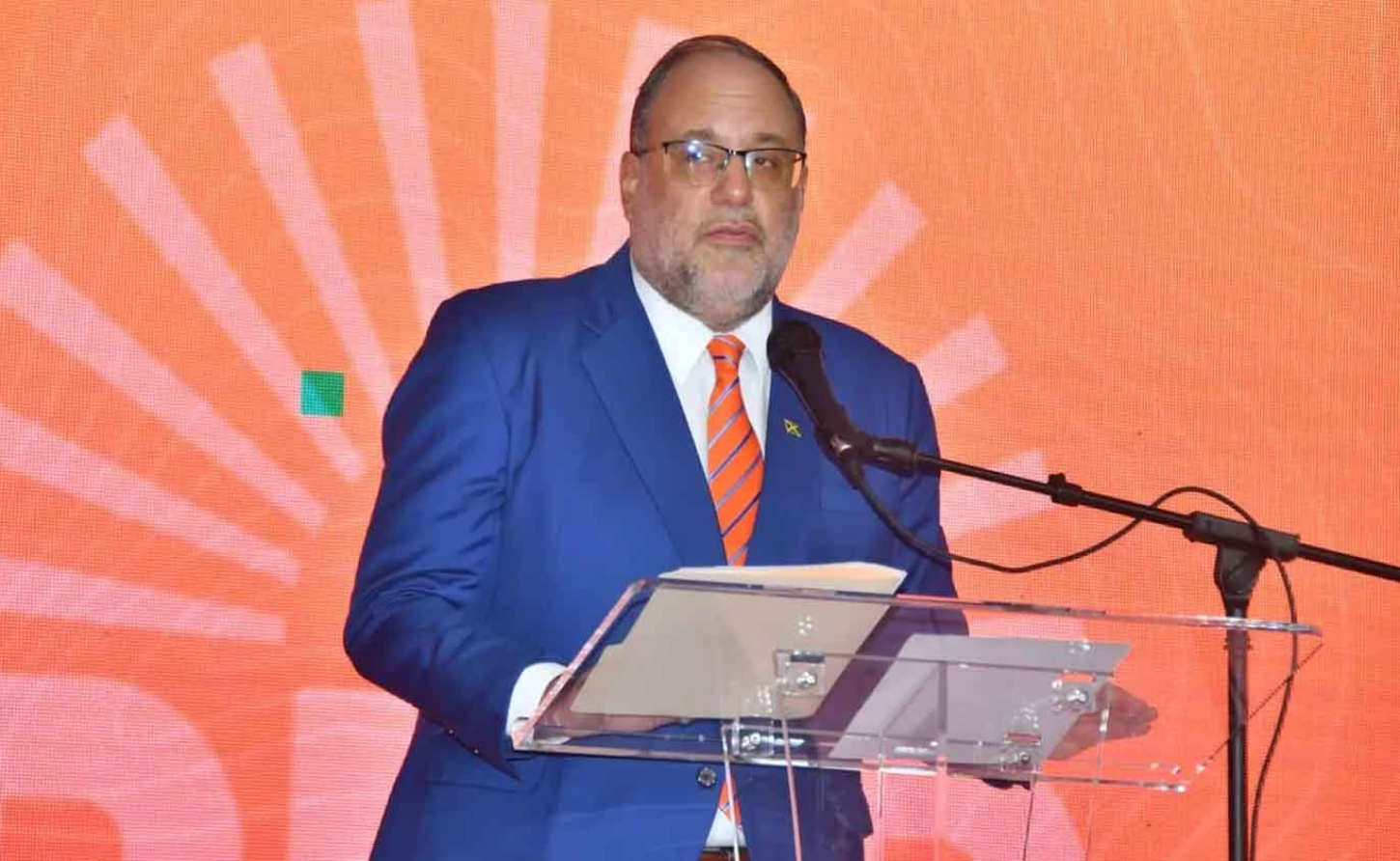JAMAICA | PNP Unveils "Mission Jamaica Love" Manifesto: A Bold Counter-Narrative One Day After Election Call

Opposition party positions itself as "government-in-waiting" with comprehensive 10-pillar plan for national transformation
KINGSTON, Jamaica, August 13, 2025 - The timing could not have been more deliberate. Less than 24 hours after Prime Minister Andrew Holness announced September 3 as election day, the People's National Party gathered at Kingston's Pegasus Hotel to unveil what they're calling not just a manifesto, but "a pledge to country."
In a packed ballroom buzzing with diplomatic corps representatives, party faithful, and media, PNP President Mark Golding presented "Mission Jamaica Love"—a comprehensive vision that attempts to bridge the gap between Jamaica's celebrated macroeconomic stability and the grinding daily realities facing ordinary citizens.
The JAMAICA LOVE Framework: More Than Clever Acronyms
What sets this manifesto apart is its attempt to create a memorable organizing principle around the word "JAMAICA LOVE"—each letter representing a pillar of proposed governance.
Justice for All, Access to Quality Education, Modern Infrastructure, Agriculture and Food Security, Innovation and Industry, Care for the Vulnerable and Health Services, Accountability in Governance, Land and Housing and Ownership, Opportunity for Youth, Violence Prevention and Safer Communities, and Environmental Resilience form the backbone of the PNP's pitch to voters.
Beyond the marketing appeal, these pillars represent a direct challenge to the Jamaica Labour Party's narrative of success. While acknowledging the macroeconomic improvements since 2013—reforms the PNP claims credit for architecting—Golding drew a stark contrast between statistical progress and lived experience.
"Stability in the public finances without quality of life for the people is not prosperity," he declared, "and is why the people are clamouring for change."
A Government-in-Waiting Stakes Its Claim
The PNP leadership team, including Senators Donna Scott-Mottley, Sophia Frazer-Binns, Gabriela Morris, and General Secretary Dr. Dayton Campbell, presented detailed policy positions that position the party as ready to govern from day one.
Their message was clear: while the current administration may have maintained economic stability, they have failed to translate that stability into meaningful improvements for the majority of Jamaicans.
Golding's central argument hinges on a compelling paradox. The PNP simultaneously takes credit for Jamaica's fiscal reforms—from the Fiscal Responsibility Framework to revenue system modernization—while positioning itself as the solution to problems that have persisted despite these achievements.
It's a nuanced political stance that acknowledges progress while insisting it's not enough.
Addressing the Gaps That Matter
The manifesto's strength lies in its specificity about Jamaica's development gaps. Golding painted a vivid picture of a nation where "interior roads in every parish are in deplorable condition," where "many communities do not have access to water in their homes," and where "urban blight and decay plague our cities, while rural Jamaica has been left behind."
These aren't abstract policy positions but concrete acknowledgments of infrastructure failures that resonate with voters' daily frustrations.
The agricultural focus deserves particular attention. In a nation increasingly concerned about food security and rural development, the PNP's emphasis on "impassable farm roads," "inadequate and outdated irrigation," and farmers lacking "the tools, machinery and support systems to produce and prosper" speaks directly to constituencies that often feel forgotten by Kingston-centric politics.
The Three-Week Sprint Begins
With just three weeks until election day, the PNP faces the challenge of translating this comprehensive vision into voter enthusiasm. The manifesto launch represents their opening gambit in what promises to be a intense campaign period.
By positioning themselves as architects of Jamaica's economic stability while simultaneously arguing for the need to do more, they're attempting a difficult political balancing act.
The party's emphasis on closing gaps "between uptown and downtown, between tourism zones and rural parishes, between the well-connected few who thrive while the majority feel neglected and dejected" directly confronts Jamaica's persistent inequality issues.
It's a populist message wrapped in technocratic competence—claiming both the expertise to manage the economy and the vision to ensure its benefits reach everyone.
Stakes and Significance
What makes this manifesto launch particularly significant is its timing and ambition. Rather than simply criticizing the incumbent JLP, the PNP has presented a comprehensive alternative vision that spans everything from youth opportunity to environmental resilience.
The ten-pillar framework provides a structure for governance that extends well beyond campaign promises into what appears to be a genuine blueprint for administration.
The question now becomes whether Jamaican voters will embrace this vision of "inclusive and sustainable growth" over the JLP's record of macroeconomic stability.
In a nation where both parties have governed and where political transitions are typically hard-fought affairs, the PNP's "Mission Jamaica Love" represents more than political positioning—it's a bet that Jamaicans are ready for a new chapter in their national development story.
As September 3 approaches, the manifesto serves as both compass and contract, challenging voters to decide whether Jamaica's celebrated economic stability should be the end goal or merely the foundation for something more transformative.
-30-
